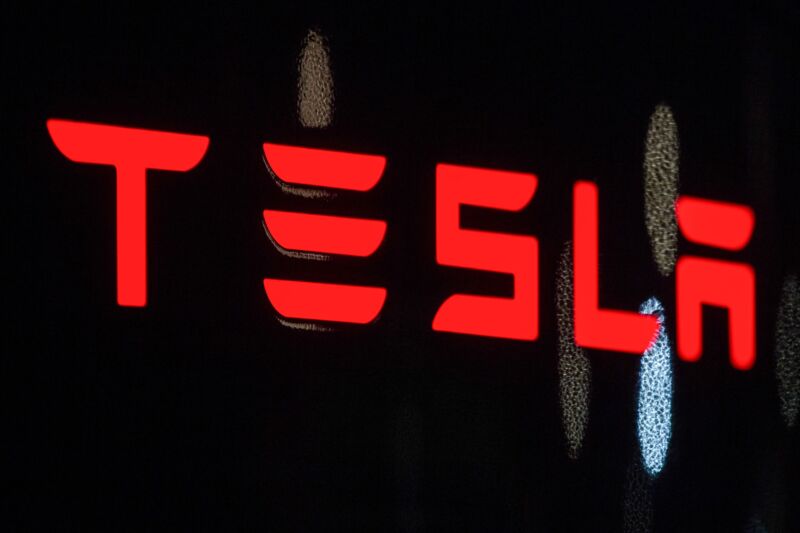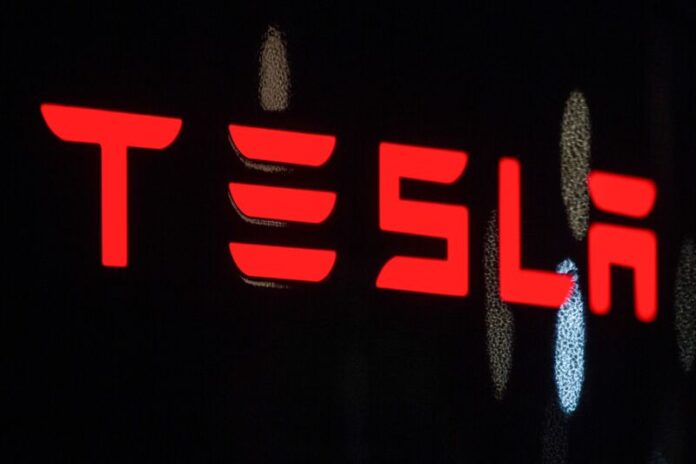
Enlarge (credit: Getty Images | SOPA Images)
A federal judge ruled yesterday that Tesla must face a lawsuit alleging that it committed fraud by misrepresenting the self-driving capabilities of its vehicles.
California resident Thomas LoSavio's lawsuit points to claims made by Tesla and CEO Elon Musk starting in October 2016, a few months before LoSavio bought a 2017 Tesla Model S with "Enhanced Autopilot" and "Full Self-Driving Capability." US District Judge Rita Lin in the Northern District of California dismissed some of LoSavio's claims but ruled that the lawsuit can move forward on allegations of fraud:
The remaining claims, which arise out of Tesla's alleged fraud and related negligence, may go forward to the extent they are based on two alleged representations: (1) representations that Tesla vehicles have the hardware needed for full self-driving capability and, (2) representations that a Tesla car would be able to drive itself cross-country in the coming year. While the Rule 9(b) pleading requirements are less stringent here, where Tesla allegedly engaged in a systematic pattern of fraud over a long period of time, LoSavio alleges, plausibly and with sufficient detail, that he relied on these representations before buying his car.
Tesla previously won a significant ruling in the case when a different judge upheld the carmaker's arbitration agreement and ruled that four plaintiffs would have to go to arbitration. But LoSavio had opted out of the arbitration agreement and was given the option of filing an amended complaint.
Read 14 remaining paragraphs | Comments
Ars Technica - All contentContinue reading/original-link]




